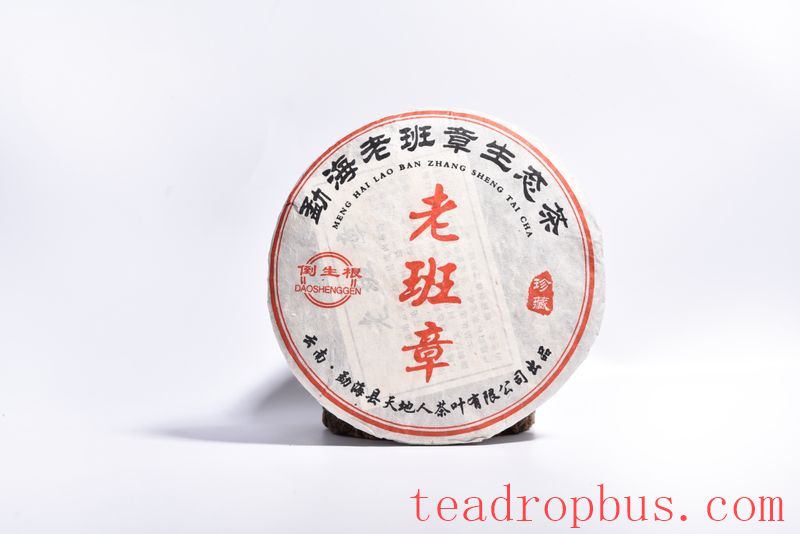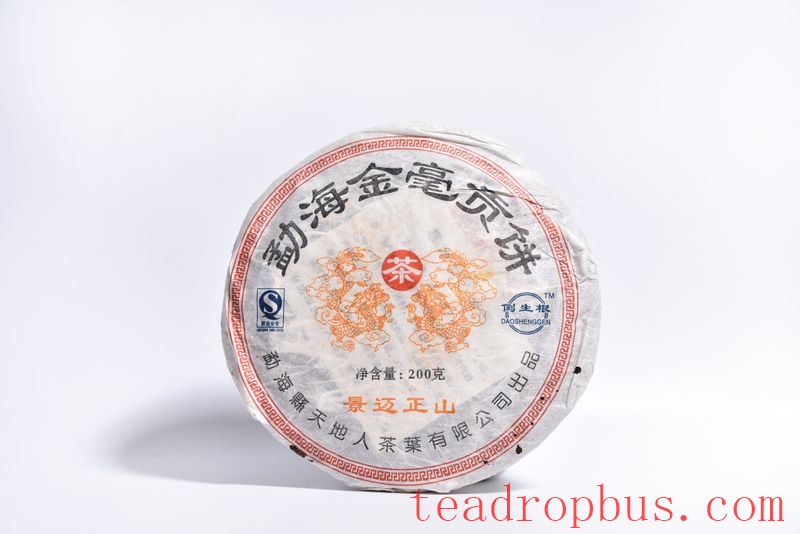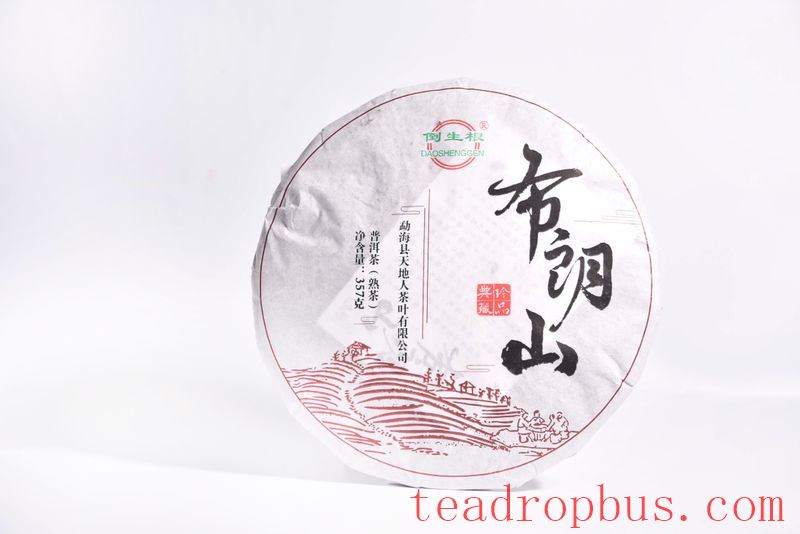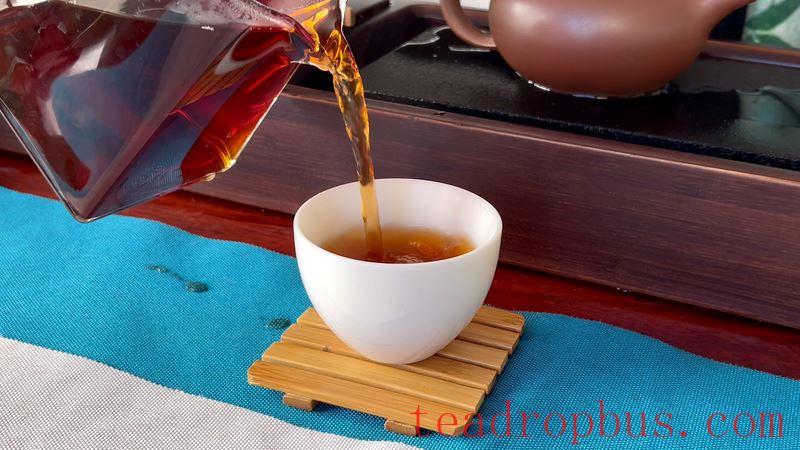Chinese Tea culture has a long and rich history, and drinking tea can bring numerous Health benefits. However, choosing the right tea is essential to reap these benefits. Do you know how to select the tea that's best suited for you?

How to Choose Tea for Yourself: Four Tips from a Seasoned Tea Drinker
1. Drinking More is Key
No matter what the tea is like, you only truly know by drinking it. From beginning to end, I have always believed that taste is the primary criterion for evaluating tea. Even if it doesn't look appealing, as long as it tastes good, it's worth enjoying. Just like a person, good looks are fleeting, but someone with inner beauty possesses an enduring charm. While appearances can change, inner beauty accumulates over time, transforming into something uniquely beautiful.
The essence of drinking tea lies in the act of “drinking.” Good taste reigns supreme. No matter how highly praised a tea might be, if it doesn't taste good, it will eventually be cast aside. Asking someone to tolerate someone they dislike day after day while pretending to be delighted is either the mark of a saint or a complete hypocrite. The same applies to drinking tea.

2. Choose Based on Personal Taste
In Chinese culture, drinking tea is deeply ingrained, and there's no need for anyone to lead the way; one can easily immerse themselves in it. For ordinary people, drinking tea isn't a highbrow activity but a daily necessity. Choosing a tea that suits your taste means selecting based on personal preference, regardless of the type of tea.
As the saying goes, “There are a thousand teas, each with its unique flavor, and the most precious is the one that suits your palate.” The most expensive tea isn't necessarily the best fit for you. Many seasoned tea drinkers don't favor the tender shoots picked before the Ming Festival, finding them bland, while coarser teas harvested after the Grain Rain are often their preferred choice due to their robust flavor, durability when brewed, and affordable price. When drinking tea daily, it's best to follow your instincts and preferences when choosing your tea.

3. Consider the Price
Tea is a consumable product, much like cigarettes and alcohol, and once you develop a taste for it, it's hard to give up. Nowadays, tea isn't as inexpensive as it used to be, so the price should be considered when drinking it regularly. Everyone wants to drink high-quality tea, but such teas can be quite expensive, making them unaffordable for many. This is why the concept of daily consumption tea exists – it's a tea that the general public can afford and consistently enjoy.
According to industry statistics, the average sales price of Green Tea is around 130 RMB, and other types of tea are similarly priced, rarely exceeding 200 RMB. This indicates that price is one of the most important factors for consumers when purchasing tea. While everyone knows that high-quality teas are pricey, they may occasionally buy some to try. However, when it comes to daily consumption, ordinary people will still consider their budget and won't splurge on overly expensive teas.

4. Understand the Basics
China is a major producer of tea, with more than 20 provinces and over a thousand counties producing hundreds of different types of tea, including green tea, which dominates the market, as well as black tea, dark tea, yellow tea, White Tea, and Oolong Tea. Each category of tea varies in appearance, taste, aroma, and flavor due to differences in processing methods. To choose the right tea, it's necessary to understand the basic knowledge about these different types of tea.
By “basic knowledge,” we mostly refer to common sense, but many people get confused and mix things up. For example, many people mistake Anji White Tea for a type of white tea, but it is actually a green tea. Similarly, many think Dahongpao is a black tea, but it's an oolong tea. Different teas also require different brewing methods; using the method for green tea to brew Pu'er tea will not yield a good result. Additionally, the storage requirements for tea are crucial; if green tea is stored at room temperature, it will change color, flavor, and quality within half a month. If Pu'er tea is kept in a refrigerator for preservation, even after three to five years, it won't match the quality of tea stored under normal conditions for just one year.